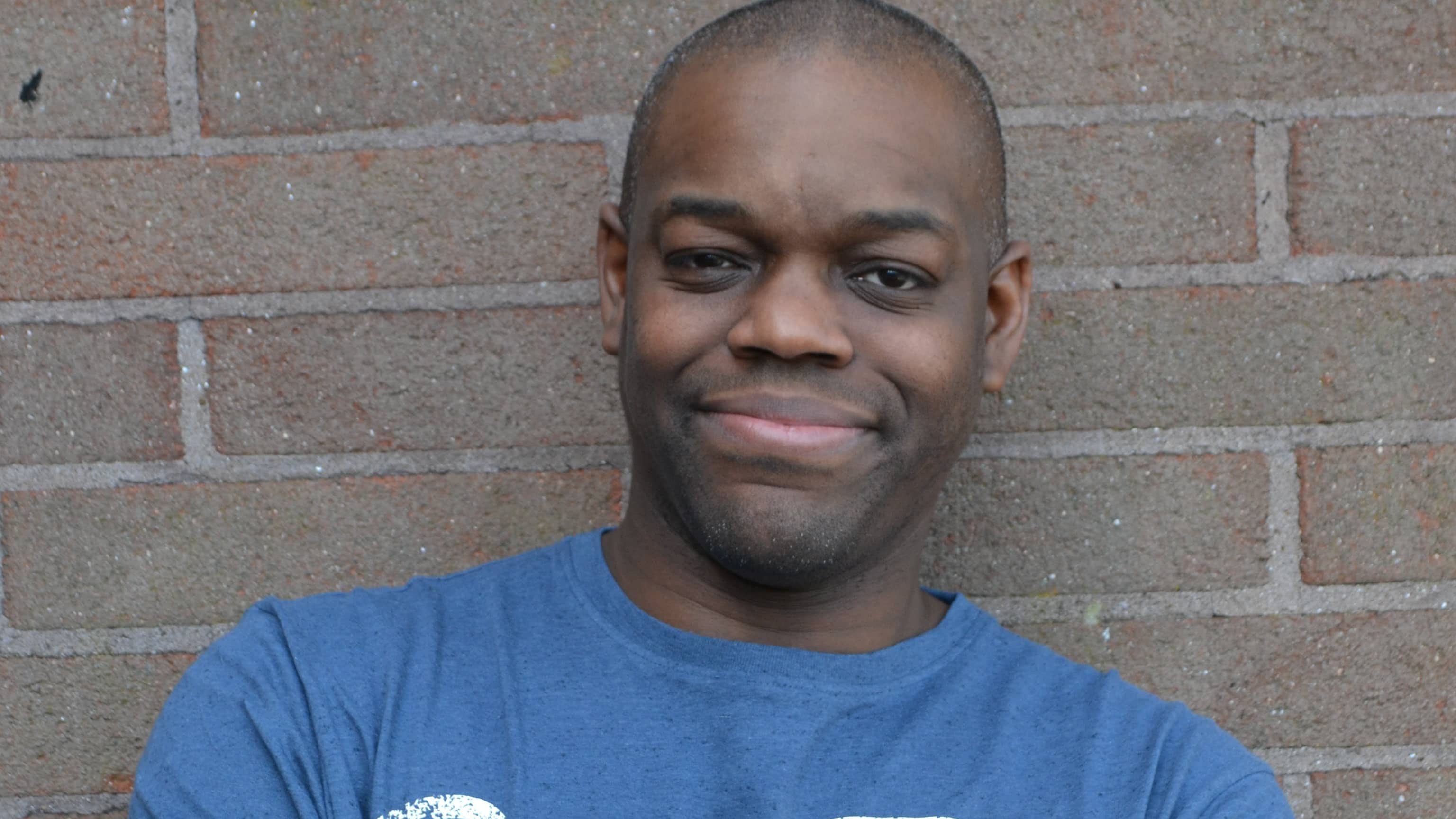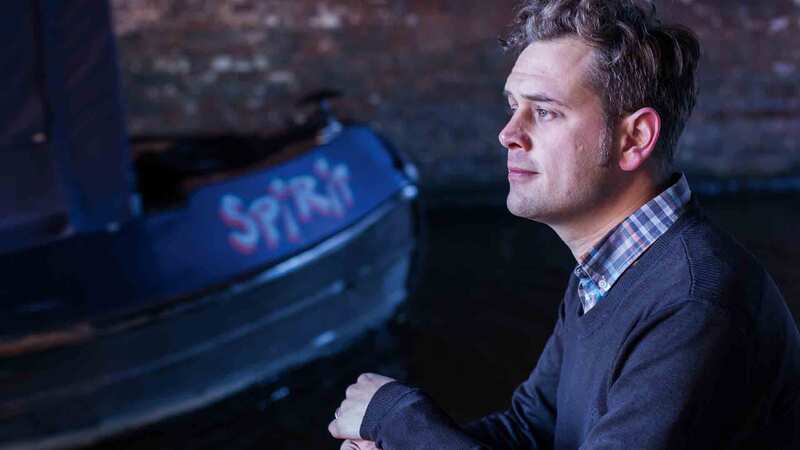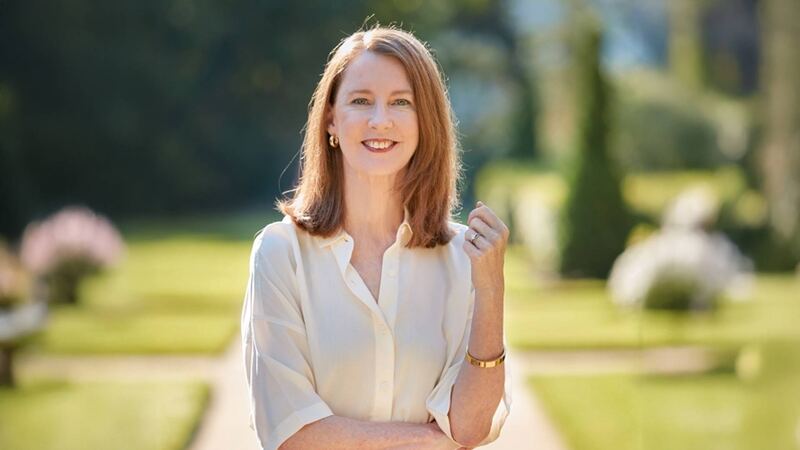You are viewing your 1 free article this month. Login to read more articles.
Marvin Thompson | 'How could I be a poet if Black artists did not exist?'
 Caroline Sanderson
Caroline SandersonCaroline Sanderson is a non-fiction writer, editor and books journalist. Her books include a travel narrative, A Rambling Fancy: in the F ...more
Marvin Thompson, the winner of the Poetry Society’s National Poetry Prize in 2021, discusses his new collection Road Trip, and how Welsh verse has influenced his writing.

Caroline Sanderson is a non-fiction writer, editor and books journalist. Her books include a travel narrative, A Rambling Fancy: in the F ...more
The winner of the Poetry Society’s National Poetry Prize in 2021 discusses his new collection Road Trip, and how Welsh verse has influenced his writing.
You were born in London to Jamaican parents, and grew up in Tottenham. How did you come to be living in South Wales?
I moved to South Wales to start a family. I now have a wonderful partner, three paternal children and two step-children. An important aspect of my relationship with my partner is our understanding of the challenges our dual-heritage children may face. This understanding has given me added confidence to tackle these issues in my writing.
Your family heritage is a refrain through your début poetry collection Road Trip, which is full of creative intersections of time and place. Could you tell us about the various inspirations that came together in its crafting?
Before my children were born, my parents were my biggest inspiration. They were part of the “Windrush” generation who spent their childhood under British colonial rule. Growing up, they taught me and my brothers that our Black skin is both intensely personal and intensely political.
Unfortunately, due to my schooling, I grew up believing that great Black people were incapable of creating great art. How could I be a poet if Black artists did not exist? Luckily, I found two role models in my twenties. The first was the African American saxophonist John Coltrane. His wondrous, avant-garde jazz was a revelation. Then I discovered the sonnets, sestinas and iambic pentameters of Patience Agbabi.
Influenced by Agbabi, Coltrane and the political ideas of my parents, I was able to craft a début poetry collection that celebrates Blackness and the beauty of diversity.
What were the inspirations that gave rise to your poem “The Fruit of the Spirit is Love (Galatians 5:22)”, which won the Poetry’s Society’s National Poetry Prize for 2021?
The first, awkward draft was written during the flourishing of the Black Lives Matter movement in June 2020. At the time, a host of white, British comedians had publicly apologised for performing in black-face comedy shows. These programmes were prime-time family entertainment from the 1990s to the 2010s. The apologies angered me. Where were the tears from the producers, directors and television executives who gave the shows the green light?
Subsequent drafts held too much rage. In an attempt to explore a fuller range of emotions, I began to reflect on my past. As a teenager, I laughed along when comedians blacked-up as dual-heritage footballer Jason Lee. Writing about my complicity in Britain’s minstrelsy tradition made my poem more relatable, more honest.
What influence has living in Wales had on your work? Are you conscious of working in the amazingly rich Welsh poetic tradition?
Dylan Thomas’ “Do Not Go Gentle into that Good Night” is a sonorous Welsh poem. The pull of its music is one of the reasons why I started writing villanelles.
There are other great contemporary Welsh poets who have been an influence on my work too. These include Welsh-language poet Grug Muse, whose translation of “The Fruit of the Spirit is Love (Galatians 5:22)” can be found on the Poetry Society’s website. Hanan Issa and Abeer Ameer both focus their Muslim faith and heritage using lush, intriguing language.
Zoë Brigley’s poems are rich in their exploration of women’s lives. Alex Wharton, who is of Welsh and Caribbean heritage, is a fabulous writer of children’s poems and his readings are mesmerising. All these poets reflect a new diversity in Welsh poetics.
You weave so many insistent themes into your work; from racial identity and injustice, to the vital role of the natural world in our lives. But at its beating heart seems to be your love for your children, for whom you say your poems are written, and while we experience the tug of the traditions of your heritage, your poems seem very much to look to the future...
Part of my job as a father is to prepare my dual-heritage children for a future in which they are likely to face discrimination due to their skin colour. With this in mind, I am currently writing A History of Britain in 45 Villanelles. This collection of poems will incorporate Roman Britons of North African origin and former enslaved people such as Ignatious Scancho, the first recorded man of African origin to vote in a British general election (in 1774). I am having fun. There will be LGBTQ+ heroes and disabled heroes; men, women and non-binary people. The book will be a celebration of British diversity in all its forms.
Marvin Thompson’s Road Trip was published in paperback in March by Leeds-based independent publisher Peepal Tree Press (£9.99, 9781845234607)
You can read more content from the Wales Country Focus here.









